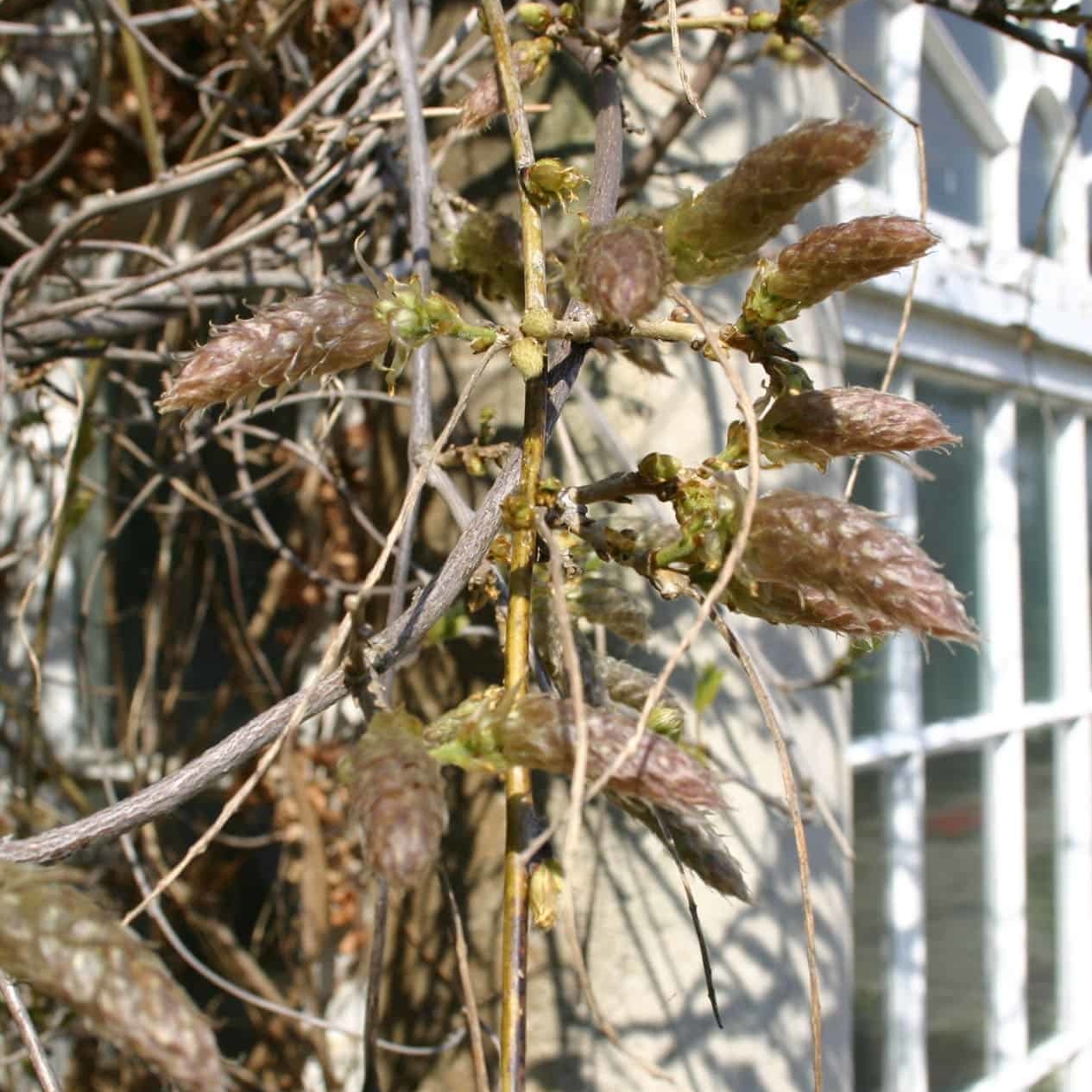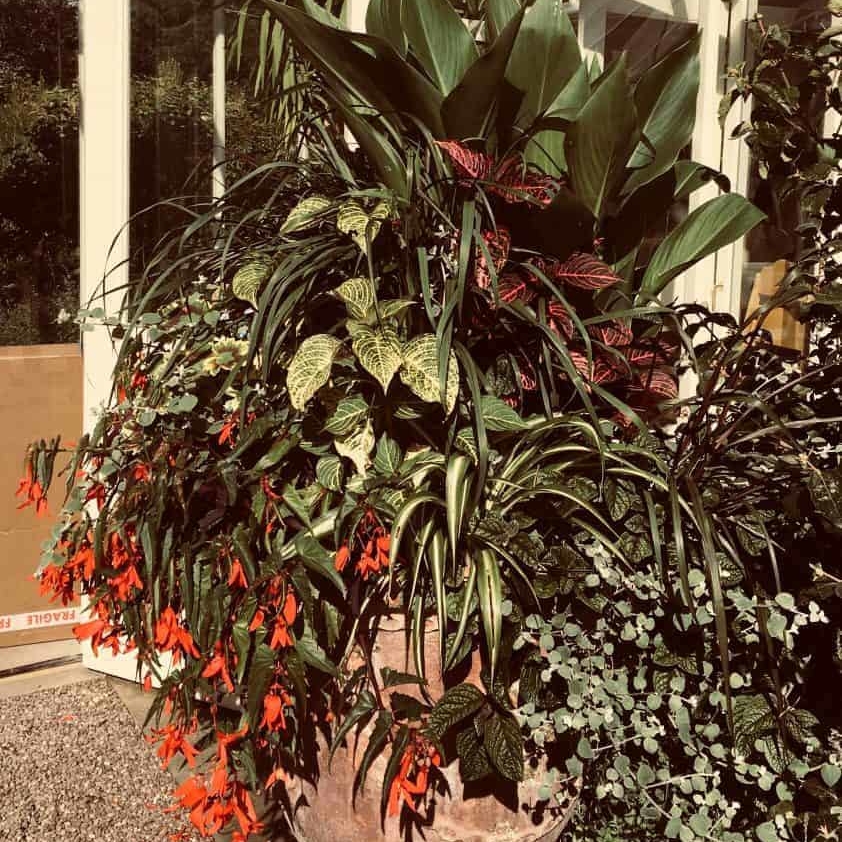Pots of the past – Are black plastic pots a thing of the past?
Trends in gardening tend to move pretty slowly, but what is interesting is the overwhelming message about how we are moving toward becoming a more sustainable industry. This is partly due to increasing regulations and public pressure on recycling, in particular plastics, which seem to be hitting the headlines weekly.
As a general rule, our industry is pretty eco (after all, we’re planting trees for a living), but there are a few culprits left but even one of those is about to change.
Taupe Pots are the future
The black plastic pot may soon me a thing of the past. Black plastic pots are currently widely recycled within the industry and reused by home gardeners, often being made from recycled materials, but once they leave the commercial world and are taken home, they are more difficult to recycle due to the way in which domestic waste is sorted.
The sorting machines at the recycling stations bounce light off the mixed plastics in order to identify suitability for recycling, but as this doesn’t work with black, it means the pots get sent to landfill or incineration units.
500 million black plastic pots in circulation
According to Which? Gardening Magazine, there are about 500 million black plastic pots in circulation in the UK, but that’s about to decrease significantly thanks to a Midlands based company who have developed the taupe coloured pots which will be widely used this year.
The company are planning on producing around 100 million per year, which is great news for gardeners as it means they can be recycled in your domestic plastics collection bin (it’s obviously better to reuse them first if you can).
Spring Clean
As we clean out our sheds and greenhouses for spring, there’ll often be a pile of black pots sat in the corner ‘just in case’, but don’t be tempted to throw this into the general waste bin, but instead think about taking them down to your local HTA garden centre to be recycled (give them a call first to check they have a take back scheme as many of the big chains unfortunately don’t).
Many of our plants come from Europe and I guess these will still come across the water in black pots (after all, it’s a great way to rid your country of waste plastic) but I imagine as we buy more British grown or grown-on stock, that may change. We’ll also be reducing the number of road miles our plants travel by buying home grown stock.
On the flip side, we are a small island with limited space to grow plants in the quantity we need them (and at the speed we demand them) so I guess the next step should be to work with our continental suppliers to demand our plants are supplied in none black pots.
Until next time
Happy Gardening
Lee
Lee Bestall
Founder & Design Director at Bestall & Co Landscape Design, a practice recognised as one of the best garden design companies in the North & Midlands of England. Lee's objective in life is to facilitate the design and build of fabulous gardens and sculpt beautiful landscapes which enhance the natural beauty of the world, as well as transforming the world his clients live in. "My personal mission is to design my own park or village based around a central courtyard garden. My goal in business is to create a nationwide design consultancy which can support my dream." Read more >> or Connect with Lee on LinkedIn >>



